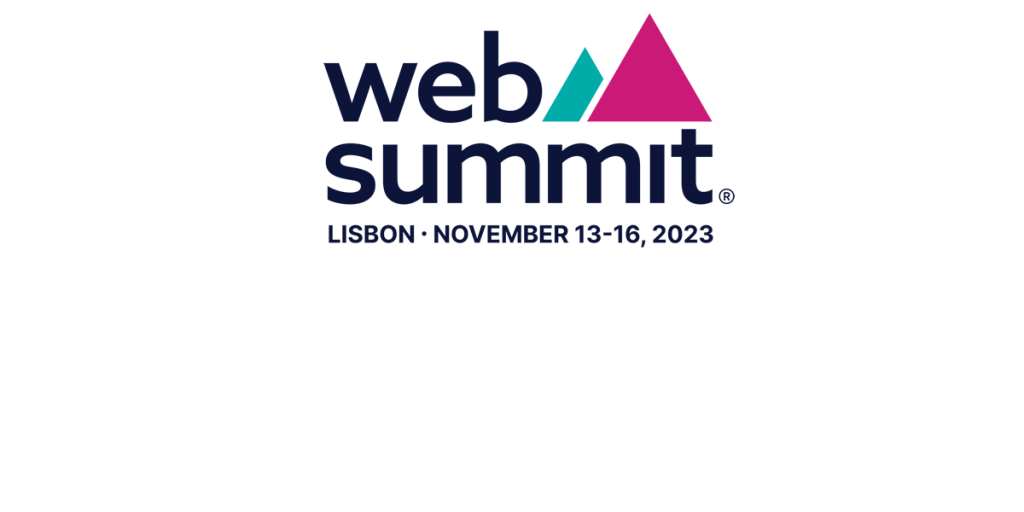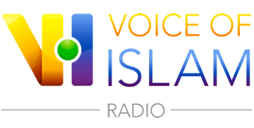Engaging Faith Communities: The Need of the Hour
This week, The Voice of Islam’s team brought our listeners live coverage from the G20 Interfaith Forum, taking place in Abu Dhabi on the 12th and 13th of December. The event was based on the theme of “Engaging Faith Communities: G20 Agendas and Beyond” and took place under the Patronage of His Highness Sheikh Mohammad Bin Zayed Al Nahyan, President of the United Arab Emirates.
Jointly hosted by the G20 Interfaith Forum Association and the Interfaith Alliance for Safer Communities the event saw over 100 leaders gathered here from diverse faith communities including prominent guests such as His All-Holiness Ecumenical Patriarch Bartholomew, Archbishop Felix Anthony Machado, Chief Rabbi Pinchas Goldschmidt and Bhai Sahib Dr. Mohinder Singh. The event also saw the launch of the 2023 G20 interfaith agenda. As the event comes to a close, this blog covers some of the key highlights of important topics covered during the 2 day conference and the interviews our team took (link to the recording of the shows available at the end of the blog.
Monday:
Day One saw the delegates discuss several key issues facing modern society including the issues of:
Displacement and Refugees
This year the world had hit a new unfortunate milestone where the number of displaced people reached 100 million, almost 1% of the global population. In addition to the war in Ukraine, the number of forcibly displaced people worldwide is also being propelled by conflict and crises in countries including Burkina Faso, Myanmar, Yemen, Venezuela, Ethiopia, Afghanistan and Democratic Republic of Congo.
However, all countries do not equally take responsibility for the care and hosting of refugees. In fact, countries that account for just 1.3% of the global GDP are hosting 40% of all refugees. There is great need for international orginsations and developed nations to step into their roles and ensure all those suffering due to these conflicts are able to find peace elsewhere. Islam strongly encourages bond of brotherhood with humans across the world who are refugees. The Holy Prophet (peace be upon him) saw had stated,
“There is no leader who closes the door to someone in need, one suffering in poverty, except that Allah closes the gates of the heavens for him when he is suffering in poverty.” (Sunan At-Tirmidhi)
Islam has always encouraged helping vulnerable people as shown in the history of Islam. Thus, many Muslims are charity-minded. It also encourages a two-way street where Muslims should always be grateful and thus creating a peaceful and loving society.
“These spoils are for the poor Refugees who have been driven out from their homes and their possessions while seeking grace from Allah and His pleasure and helping Allah and His Messenger. These it is who are true in their faith.” (59:9)
World Hunger& Food Crisis
Global conflicts have driven hunger and food insecurity to new heights, affecting an estimated 10% of people globally. According to the organisation Action Against Hunger, from 2019 to 2022, the number of undernourished people grew by as many as 150 million, a crisis is driven largely by the three C’s: conflict, climate change, and the COVID-19 pandemic. The most marginalized people including women, displaced people and informal workers have been hit hardest.
Islam encourages man to be a responsible, compassionate member of his society. Where each person is responsible for his own well-being, he is also responsible to a certain degree for his fellow man, and is taught that those less fortunate than him have a right to a portion of the wealth that he earns, irrespective of whether they ask for it or not.
‘And in their wealth is a share for one who asked for help and for one who cannot.’ (The Holy Qur’an 51:20)
Islam emphasizes on the equitable distribution of wealth with the sole purpose of maintaining peace and to alleviate suffering of the poor. A prime example of this is the concept of Zakat which is mandatory on those who can afford to pay it. Zakat ensures money is not accumulated by the wealthy but spent on the less fortunate to relieve poverty. In Holy Quran, Allah states that,
“O believers give of what we have provided for you.”(2:255)
Human Trafficking
According to recent reports, more than 50 million people around the world are victims of modern slavery and these numbers have risen significantly in the last five years.
Although modern slavery is not defined in law, it is used as an umbrella term covering practices such as forced labour, debt bondage, forced marriage, and human trafficking. Essentially, it refers to situations of exploitation that a person cannot refuse or leave because of threats, violence, coercion, deception, and/or abuse of power. Modern slavery occurs in almost every country in the world, and cuts across ethnic, cultural and religious lines. More than 52% of all forced labour and a quarter of all forced marriages can be found in upper-middle income or high-income countries.
Tuesday:
Education
The Holy Qur’an teaches Muslims to help mankind by eradicating hunger and poverty and teaching vulnerable children. One of the things that the coronavirus pandemic has taught us is that education is essential for children and young people. Wars and conflict are something that have become all too common in our society and how this affects the impaired education of young people.
According to Save the Children Globally, 426 million children, almost 1 in 6 children live in conflict zones today with nearly 200 million children living in the world’s most lethal war zones, the highest number in over a decade.
Racism
With racism and hate speech on the rise around the world, it is vital now more than ever to address these problems and find strength in our diversities. The Holy Quran refers to mankind as one community and a single nation. The reference to mankind as one community or a nation and identical words have been used at least seven times in the scripture, signifying the fundamental unifying character of all human beings.
The Quran, however, not only takes note of diversity in the universe but also stresses the useful purpose of diversity in races, colours, languages, cultures, and wealth in human social order and describes these diversities as signs of God for those who reflect and possess knowledge. But none of these distinctive attributes confers any special privileges on human beings or imposes any liability or disability.
Conflict Resolution
Conflicts are on the rise around the world, from territorial disputes and regional tensions to corruption and dwindling resources due to climate change there are at least 27 Live Conflicts in the world right now.
The conference covered all these important topics over its two day course, with numerous guest speakers and breakout sessions to improve discussion and reach solutions. The Voice of Islam team interviewed many of the delegates, including Sarah Hess, Khushwant Singh, Sr. Agatha Chikelue and Professor Cole Durham. You can catch the highlights of these discussions on our Social Media channels or listen to the highlights from the VOI Team below:





